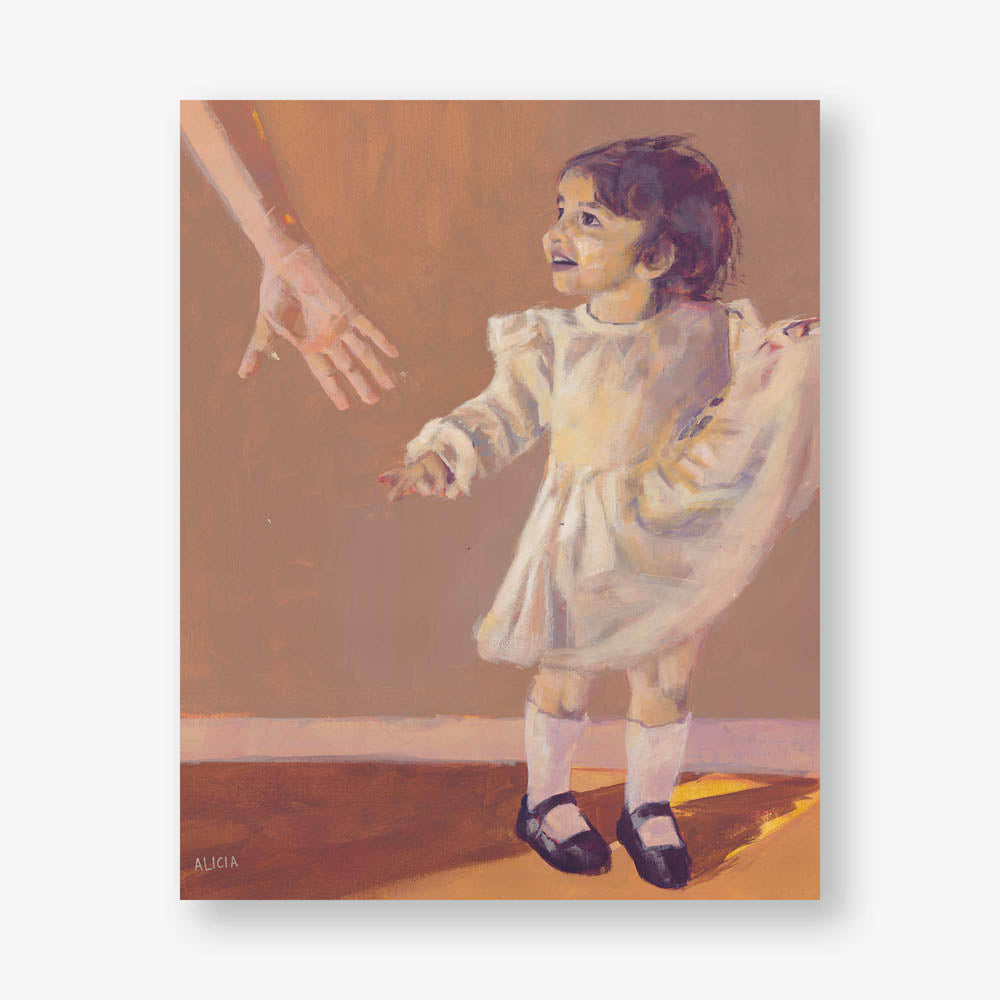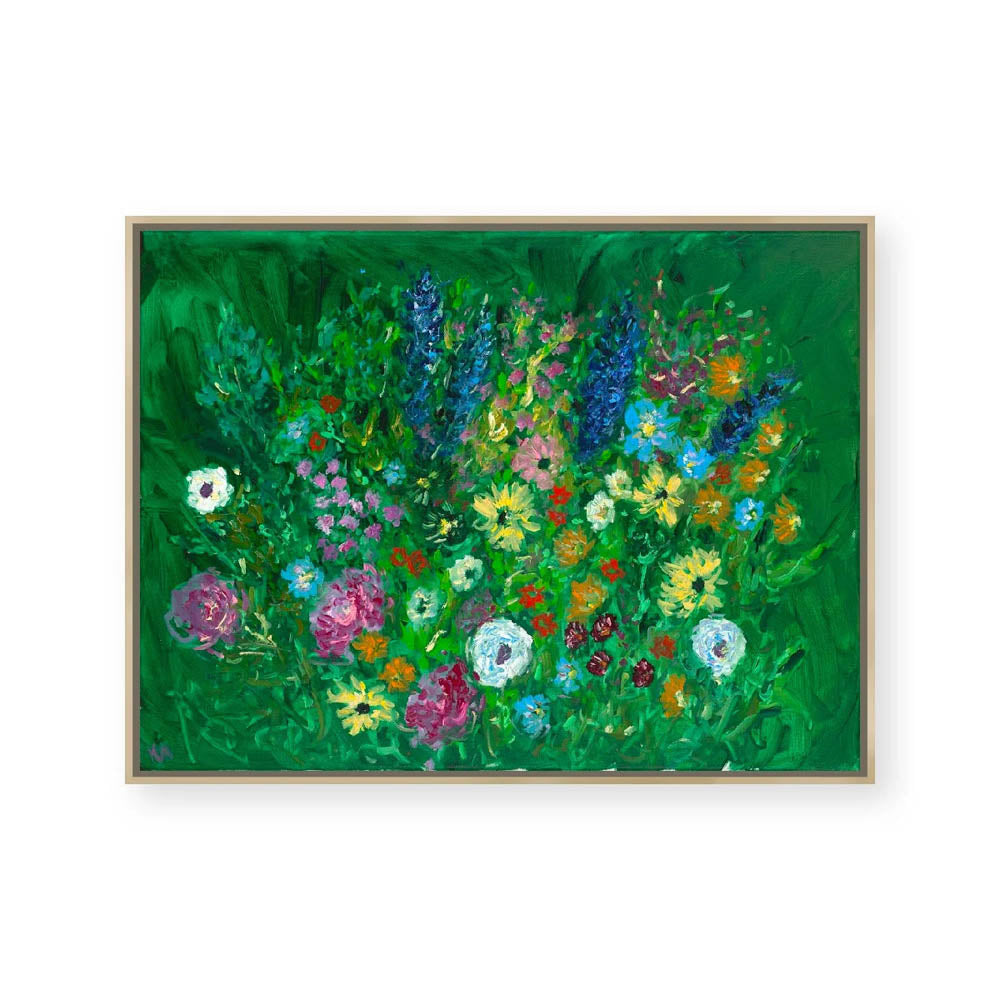When I sat down to read the handwritten notes my grandmother had sent me—answers to ten questions I’d asked her about her life—I thought I knew what to expect. But, as usual, she surprised me. Her reflections weren’t about milestones or achievements. They were quiet. Tender. Grounded.

My grandmother, Julia Loy, grew up in deep poverty in Ridgefield, Illinois. She married my grandfather, Jarvis V. Loy—a World War II veteran and Purple Heart and Bronze Star recipient who was nicknamed “Buck” because he was only 19 years old when he went off to war. Together, they had nine children. When Buck died of Lymphoma in his forties, my mother was just 13 years old. Suddenly, Grandma Julie was on her own—raising seven children still at home, with very little to fall back on.

To keep the lights on, she opened a child nursery. She worked tirelessly—not just to survive, but to create a sense of safety and love in a life that didn’t offer much margin.
And yet, when I asked her what she remembers most… it wasn’t the hardship. It wasn’t even the resilience. It was making dinner with her mother. Picking corn off the stalk with her siblings. Holding her babies wrapped in a swaddle—and still feeling like she hadn’t done enough.
Her life was not easy. But it was rich—with love, with purpose, and with meaning. Here are 10 things I learned from the advice of my 99-year-old Grandmother: Julia Loy.
10 Things I Learned from My Grandmother

1. Slow down.
The days when she felt most alive weren’t the busy ones—they were the quiet, ordinary moments spent with her parents or her children. She wished she had slowed down to savor them more. “I wish I would have slowed down and found joy in the time caring for my children more instead of being consumed by all the work…”

2. The little things last.
Her richest memories? Picking corn with her parents, Sunday dinners, walking to her school house. Not glamorous—but unforgettable.
3. Say goodnight with love.
“Never go to bed without saying goodnight.” A small ritual, but one that builds a lifetime of security and care.
4. Loss is a teacher.
When her brother was killed riding his bike by a car, she learned to be grateful—deeply, urgently—for every moment with the people you love.
5. Hard things shape you.
She raised nine children, seven of them alone after her husband passed. Her strength didn’t come from ease, but from endurance.

6. Trust in something bigger.
“Trust in the Lord. Trust His plan.” Faith helped her find peace in chaos and hold steady through change.
7. Accept aging for what it is.
These are the golden years, but they come with loss: of friends, independence, and mobility. There is grief in aging—and also grace.

8. Be proud of your kindness.
When asked what she hoped people would remember about her, she said, “That I appreciated the kindness my children showed me.”

9. Simplicity is not failure.
She didn’t speak about accolades or achievements. She remembered soup pots, woodstoves, and staying warm in bed with her dog when she was a child.

10. Work hard, love harder.
She was proud of being strong, loyal, kind, and determined. “I worked 24/7.” And she did. When my grandfather was in the hospital with Lymphoma, she would sleep by his side every night, wake up to take care of the children, go to work at her child nursery, and repeat. She literally never stopped taking care of others. But the takeaway was never the work itself—it was how much she loved the people she worked for.
And still—after all the diapers changed, the mouths fed, the prayers whispered, the grief endured, and the generations she held together—she wonders if she did enough. If she was enough.
But I know this: she has done more than anyone I know.
Not because she chased accolades, but because she chose love. Again and again. In quiet, tireless, ordinary ways that changed lives—including mine.

We talk so much about legacy like it’s a spotlight. But hers is a candle, passed hand to hand, still burning.
I hope I can carry it well.
Another chapter awaits,
Jacqueline Bond




















